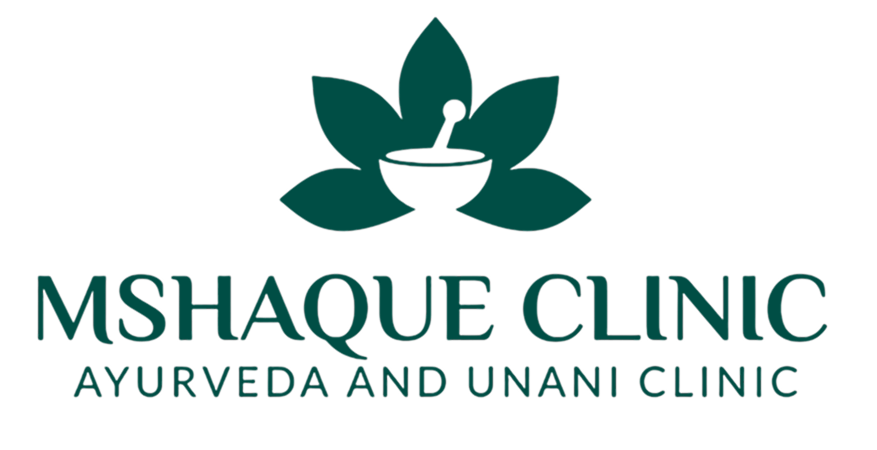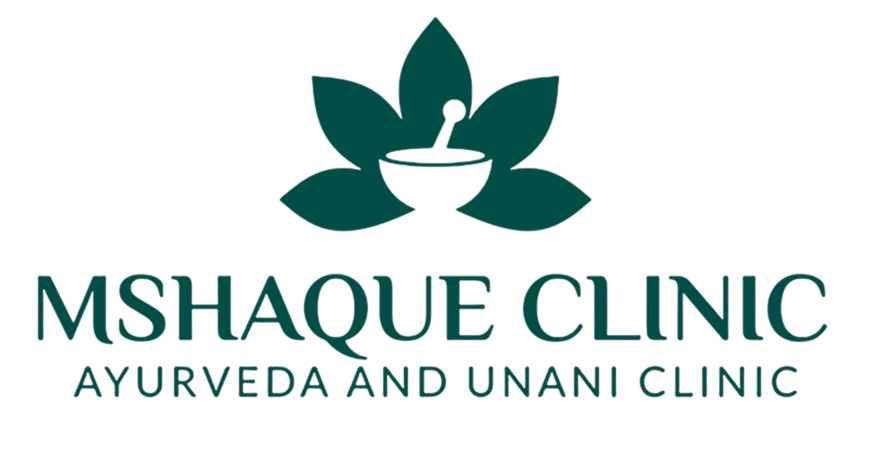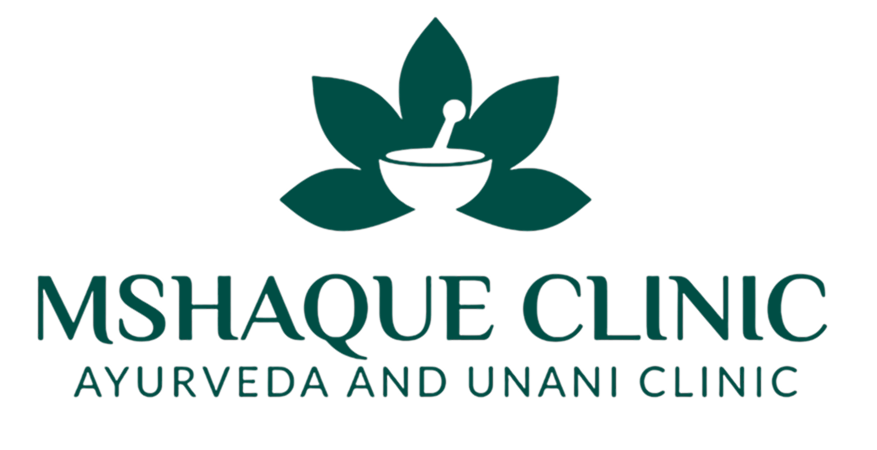Thalassemia Treatment In Ayurveda: A genetic blood condition known as thalassemia is characterized by faulty hemoglobin production, which is the protein responsible for carrying oxygen throughout the body. Anaemia, fatigue, and other complications are just a few of the significant health risks of this condition. As we know, Ayurveda is an ancient Indian medical system.
Thalassemia treatment in Ayurveda provides a holistic approach to managing it, in contrast to the widespread use of conventional medical treatments like iron chelation therapy and blood transfusions. In this article, we will look at how Ayurveda’s principles and treatments can help treat Thalassemia.
Understanding Thalassemia Treatment In Ayurveda
According to Ayurveda, an imbalance in the Pitta and Rakta (blood) doshas is the cause of Thalassemia. These doshas govern the functions and quality of the blood. Thalassemia symptoms arise when the Pitta dosha aggravates, affecting the blood cells’ ability to function normally. To alleviate symptoms and enhance well-being, Ayurveda aims to bring these doshas back into balance.
Herbal Treatments For Thalassemia
Ayurveda emphasizes using natural plants and herbs to treat conditions, including Thalassemia. Common herbs that can help manage Thalassemia include the following:
- Giloy or Tinospora cordifolia
Giloy has antioxidant and anti-inflammatory properties that can strengthen the immune system. Giloy may also have hepatoprotective properties, and Giloy for Thalassemia may have some advantages. Chronic inflammation is associated with Thalassemia. Giloy has anti-inflammatory properties that may assist in reducing inflammation and the complications it causes.
Giloy is well-known for its immunomodulatory properties, which indicate that it aids in immune system regulation and strengthening. Patients with Thalassemia may have a compromised immune system; boosting the immune system can help prevent infections and maintain overall health.
- Shilajit
Shilajit is a natural substance that is frequently utilized. Shilajit is well-known for its high mineral and bioactive compound content, which are thought to have various positive effects on one’s health. However, only a scant amount of scientific evidence supports using Shilajit to treat Thalassemia. The genetic blood disorder thalassemia necessitates comprehensive medical treatment.
Although Shilajit may have health benefits, it should not be used alone as a Thalassemia treatment in Ayurveda. However, Shilajit contains minerals like iron, which is important for people with Thalassemia because they may become iron deficient due to many blood transfusions. In this manner, Shilajit and Thalassemia can be linked with the alert and counsel of certified medical services proficient or an accomplished Ayurvedic expert before considering its utilization.
- Boerhavia diffuses (Punarnava)
Punarnava is thought to improve blood quality and is well-known for its rejuvenating properties. It helps to increase red blood cell production and hemoglobin levels. It can be one of the natural treatments for Thalassemia. Punarnava is a diuretic, which means that it aids in producing urine and eliminating excess fluids from the body. Punarnava’s diuretic activity may assist in maintaining fluid balance in thalassemia patients who receive regular blood transfusions.
- Emblica Officinalis (Amalaki)
Amalaki, or Indian gooseberry, is high in antioxidants and vitamin C. It enhances iron absorption, promotes healthy blood circulation, and strengthens the immune system. Amalaki has anti-inflammatory properties, which may assist in reducing thalassemia-related inflammation. Patients with Thalassemia frequently experience chronic inflammation, which can contribute to various complications. The anti-inflammatory properties of Amalaki may help manage overall health. To get the best Thalassemia Treatment In Ayurveda, you can visit Mshaque Clinic, where Dr. M. S. Haque and Dr. A. Perwaiz will provide personalized care and recommend the best Ayurvedic remedies for Thalassemia.
- Tinospora cordifolia (Guduchi)
Guduchi is an effective immunomodulator that enhances the body’s defences. It helps with anemia management and improves overall health. Guduchi is well-known for its immunomodulatory properties, which indicate that it aids in immune system regulation and strengthening. Because thalassemia patients may have a compromised immune system, boosting the immune system can help prevent infections and maintain overall health.
Our Other Articles :
Ringworm Ayurvedic Treatment- All You Need To Know
Ayurvedic Medicine For Autoimmune Disease- All You Need To Know
Ayurvedic Medicine For Vitamin D Deficiency- All You Need To Know
Melasma Ayurvedic Treatment- All You Need To Know
Appendix Treatment In Ayurveda- All You Need To Know
Best Onion Hair Oil for Hair Loss- All You Need To Know
Dietary Recommendations For Thalassemia
Recommendations for Diet Ayurveda stresses the importance of eating a well-balanced diet for optimal health. Incorporating particular foods can help people with Thalassemia easy ayurveda to manage their condition. The following are some dietary guidelines:
- Foods high in iron
Iron-rich foods like legumes, fortified cereals, and green leafy vegetables can help treat Thalassemia’s iron deficiency.
- Foods high in vitamin C
Vitamin C-rich foods like tomatoes, citrus fruits, and berries can help the body absorb iron better.
- Herbal Supplements
Chyawanprash, a herbal jam, and Triphala, a combination of three fruits, are two examples of Ayurvedic formulations that can supply essential nutrients and support overall health.
Thalassemia Treatment In Ayurveda: Panchakarma Therapies
Panchakarma is a detoxification and rejuvenation therapy that balances the doshas and cleanses the body. It is a cornerstone of Ayurveda. Although these treatments may not completely eradicate Thalassemia, they can aid in managing its symptoms and enhance well-being. To get the best Thalassemia Treatment In Ayurveda, you can visit Mshaque Clinic, where Dr. M. S. Haque and Dr. A. Perwaiz will provide personalized care and recommend the best Ayurvedic remedies for Thalassemia.
The following are some Panchakarma treatments that may be beneficial in natural treatment for Thalassemia:
- Abhyanga
This involves giving the whole body a warm herbal oil massage to help you relax and get more blood flowing.
- Shirodhara
During this therapy, a steady stream of warm herbal oil is poured on the forehead, which aids in stress reduction and mental calm.
- Basti
Basti, also known as a herbal enema, aids in the body’s detoxification and improves digestion.
Conclusion
Thalassemia is a complex genetic condition that requires a multifaceted treatment strategy. Ayurvedic treatment for thalassemia minor may or may not cure Thalassemia, but it can help people with the condition better manage it and improve their quality of life. Patients with Thalassemia may benefit from the holistic principles of Ayurveda, such as herbal remedies, dietary modifications, and Panchakarma therapies. However, to ensure personalized care and safety, it is essential to consult a clinic like Mshaque Clinic to experience the healing power of Ayurveda and transform your health with its treatment. Schedule a consultation now.
Experience the Healing Power of Ayurveda at Mshaque Clinic. Find lasting relief from Thalassemia with the natural and holistic approach of Ayurveda. Visit Mshaque Clinic, India’s leading Ayurvedic clinic, where Dr. M. S. Haque and Dr. A. Perwaiz will provide personalized care and recommend the best Ayurvedic remedies for Thalassemia. Contact us and visit our Clinic today to embark on your journey to wellness. Trust Ayurveda and experience a life free from Thalassemia.
FAQ’S
Can Thalassemia be cured naturally?
Thalassemia cannot be cured through lifestyle changes, herbal remedies, or alternative therapies because it is genetic. But people with Thalassemia can manage their symptoms, improve their overall health, and improve their quality of life by using natural methods and supportive measures.
What herbs cure Thalassemia?
Because it is a genetic blood disorder, herbs alone cannot completely cure Thalassemia. However, there may be some herbs that can help alleviate symptoms and improve overall health.
Can Thalassemia be cured permanently?
There is no known Thalassemia permanent treatment a genetic blood disorder. It is a condition that lasts a lifetime and must be managed.
What is the best treatment for Thalassemia?
The best treatment for Thalassemia relies upon a few elements, including the seriousness of the condition, the particular sort of Thalassemia, and individual patient qualities. Some popular options include Transfusions of Blood, Therapy with Iron Chelation, Transplantation of Bone Marrow (BMT), and Therapies of Support.




